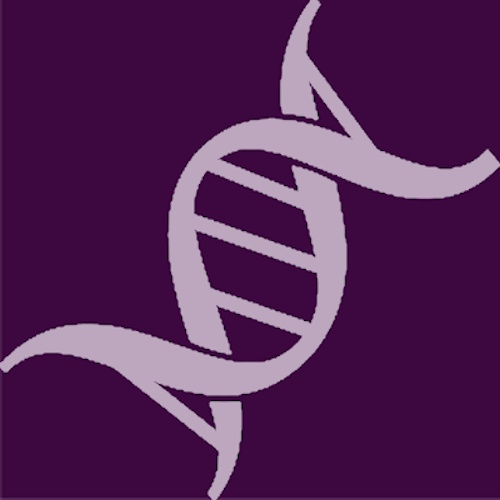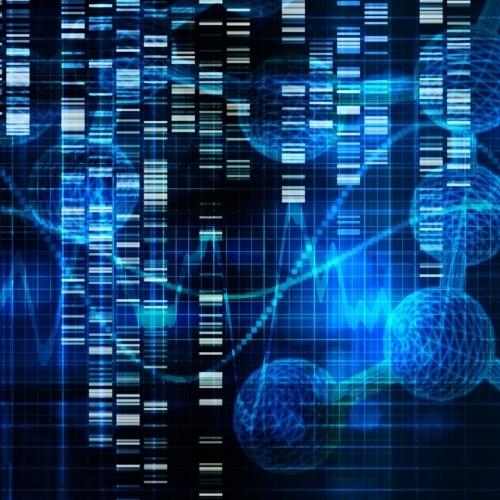Age-related changes in natural maintenance and repair mechanisms in the body over time lead to frailty, disability, disease, and death. However, the ability to withstand the damage and delay the ageing process differs from person to person. Some people live over 95 years and are called long-lived individuals. Supercentenarians live 110 years, while semi-supercentenarians aged between 105 and 109 years. These differences in the duration of human life may depend on luck/chance of life, lifestyle (diet, physical activity, and environmental exposure), genetics, as well as life experiences (stress, socioeconomic level, and pathogenic load).
The present review summarized data from various genetic studies to identify the protective genes and pathways for longevity (1). This study was led by Calogero Caruso from University of Palermo and published in IJMS.
THE LONGEVITY GENES
Centenarians are considered perfect examples to study extreme longevity. Studies found that variants of two genes, apolipoprotein E (APOE) and Forkhead box O3 A (FOXO3A), were linked to successful ageing in humans.
1. APOE gene
The APOE protein is the main cholesterol carrier that supports lipid transport and injury repair in the brain. Functional properties of the APOE gene depend on three alleles (E2, E3, and E4), in combination with genotypes of the SNPs rs7412 and rs429358. APOE levels, particularly APOE E2, in plasma were linked to decreased total and LDL cholesterol levels. Several candidate gene studies and genome-wide association studies (GWAS) identified the effect of APOE on longevity, reported as follows.
The risk of age-related diseases (Alzheimer’s and CVD) was decreased with APOE E2, but increased with APOE E4 variant. French centenarians had a high frequency of APOE2 allele and a low APOE4 allele.
The APOE4 allele helps to decrease mortality under infections, food scarcity, and shorter life expectancy. It collects fat to supply in times of food shortage. But the new environmental conditions such as the Western diet and longer lifespans increased the susceptibility to CVDs and AD in individuals with APOE4. Surprisingly, one study showed that APOE4 allele had no negative impact in South Italy, which could be due to the Mediterranean diet (MedDiet) followed in Italy since olden times.
2. FOXO3A gene
The FOXO3A gene acts as a gatekeeper by fighting against oxidative stress. It maintains hyper or hypoactivation of signalling pathways that regulate cell homeostasis (from cell survival to proliferation) and delay ageing. As the oxidative damage was minimal in healthy and long-lived populations, the association with the allele was not detected.
The most common variant linked to longevity was rs2802292 G-allele, which is associated with better self-rated health and protection from various age-related diseases, including CVDs, cancer, and bone fracture. The positive effect on longevity was evident in men.
3. Other genes
Other gene variants associated with longevity were also involved in basic maintenance and functions, including DNA repair, preservation of telomeres, heat shock response, and the management of free radical levels. Genes showing associations with blood fat levels, immunity, inflammation, and heart health also contribute to longevity.
Using statistical data for health span, parental lifespan, and longevity, a GWA study identified 78 genes that are involved in ageing pathways like DNA damage, apoptosis, and homeostasis. A whole-genome sequencing on 56 individuals revealed that mutation rates may also contribute to ageing and longevity.
CONCLUSION
The odds of a disease may rise with an increase in life expectancy. So, understanding the mechanisms of successful ageing and longevity is important to prevent the harmful effects of ageing. The present study showed that longevity genes delay the development of age-related diseases, especially heart diseases. Both genetic & environmental factors are found to affect longevity and protection against age-related diseases.
References:
1. Caruso C et al; "How Important Are Genes to Achieve Longevity?" International Journal of Molecular Sciences; V.23; No.10; 5/18/2022; p 5635







